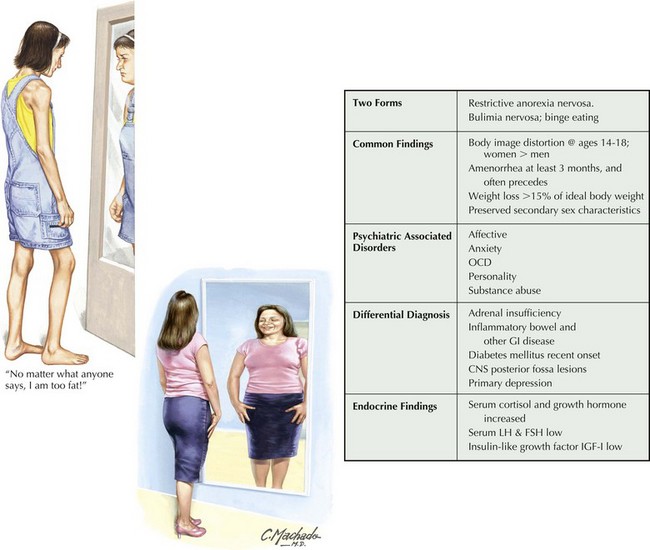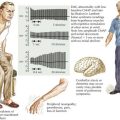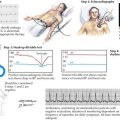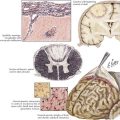27 Eating Disorders
Anorexia
Anorexia and other eating disorders are primarily diseases of young women. Its cause is unknown, but anorectic patients typically display high levels of anxiety and perfectionism, and twin studies suggest comorbidity with major depression and a substantial inherited risk (Fig. 27-1). However, unlike many other psychiatric illnesses, the prevalence of anorexia varies among different cultures; pressure to conform to cultural standards of thinness may play an important role in initiating the disorder.
Birmingham CL, Gritzner S. How does zinc supplementation benefit anorexia nervosa? Eating and Weight Disorders. 2006;11(4):e109-e111.
Garner DM, Garfinkel PE. Socio-cultural factors in the development of anorexia nervosa. Psychol Med. 1980;10(4):647-656.
Hay PJ, Bacaltchuk J. Psychotherapy for bulimia nervosa and binging. Cochrane Database Syst Rev 2003;(1):CD000562.
Herzog DB, Greenwood DN, Dorer DJ, et al. Mortality in eating disorders: A descriptive study. International Journal of Eating Disorders. 2000;28(1):20-26.
Hudson JI, Hiripi E, Pope HGJr, et al. The prevalence and correlates of eating disorders in the National Comorbidity Survey Replication. Biol Psychiatry. 2007 Feb 1;61(3):348-358.
Lindberg L, Hjern A. Risk factors for anorexia nervosa: a national cohort study. International Journal of Eating Disorders. 2003;34(4):397-408.
Toro J, Salamero M, Martinez E. Assessment of sociocultural influences on the aesthetic body shape model in anorexia nervosa. Acta Psychiatrica Scandinavica. 1994;89(3):147-151.
Walsh BT, Roose SP, Glassman AH, et al. Bulimia and depression. Psychosomatic Medicine. 1985;47(2):123-131.
Wonderlich SA, Lilenfeld LR, Riso LP, et al. Personality and anorexia nervosa. Int J Eat Disord. 2005;37(Suppl.):S68-S71.








